To commemorate the 100th anniversary of the Vincentians’ mission to China, we are publishing a series of articles, They Left Their Hearts, that tell the story of the brave missionaries who answered the Vincentian question, “What must be done?”
By the late 1940s, the effects of World War II continued to impact the missions in China, both in terms of the number of priestly vocations coming from China as well as on the confreres working there. In addition to guarding those in their care against attacks from “a ruthless and revenge-seeking enemy,” the missionaries were attempting to rebuild what had been destroyed during the war.
 In late August 1948, eight Vincentians left the U.S. to join their confreres in China. Fathers Clarence Murphy, Steve Dunker, Norbert Miller, and Robert Kraff had previously spent time ministering in China. Fathers John Murphy, Vincent Kaiser, and Carl Schulte were embarking on a new venture in their priestly service.
In late August 1948, eight Vincentians left the U.S. to join their confreres in China. Fathers Clarence Murphy, Steve Dunker, Norbert Miller, and Robert Kraff had previously spent time ministering in China. Fathers John Murphy, Vincent Kaiser, and Carl Schulte were embarking on a new venture in their priestly service.
An article in the October 1949 issue of The DeAndrein described the events leading up to the Communist Party’s establishment of the People’s Republic of China. In the preceding six months, news from China had been meager. Details shared in The DeAndrein did not list names of the priest authors out of concern for their safety.
In a letter dated May 1949, one priest wrote, “I’m still in Nationalist China but the curtain is falling fast. We feel it is going to be a Bamboo rather than an Iron curtain. The Red army is already in part of our diocese and part of the Red troops are within twenty-five miles of us. It has been a trying two weeks; rather hard on the nerves but thank God I am holding up fine. The atmosphere is very tense, and the suspense is terrible. Our greatest present fear is from roving bands of soldiers who are neither Red nor white. We fear they may raid the mission, but we have made a lot of preparations to meet whatever comes. I feel that I have been cut out for a time and place like this. I don’t deny that I am a little scared at times, but on the other hand it is a great consolation for me to see and know how much I can do for these poor people at this trying time. Dozens come to me every day, scared half to death, wanting advice and asking me what to do. When they see I am not scared and that I am staying at my post under any circumstances they go away feeling much better. I feel confident everything will come out all right. Just keep up the prayers. I encouraged Fr. (name omitted) to leave, and he was given a last minute chance, but he chose to stay, so he has what it takes.”
The same author related his experience of the arrival of Communist troops. Shooting began just outside the walls of the mission, shells bursting within yards of the residents. When the shooting ended, an officer introduced himself to the priest and people of the mission. The officer assured them that they could continue their work unmolested. The schools and churches were allowed to continue to function. According to this report, Bishop Quinn and all the other priest of the Vicariate were safe.
Fr. Hugh O’Donnell, in his article “The Communist Period (1934 and 1941-1972),” describes the hostility the Communist Party demonstrated toward the Catholic Church. Between 1949 and 1952, “many foreign missionaries were accused of being spies and counterrevolutionaries and were denounced in public and put on trial. Regardless of evidence or the lack of it, the outcome of the trials was a foregone conclusion. They were first imprisoned and then expelled.”
Photo cutline: From left, bottom row: Fathers Clarence Murphy, Norbert Miller, Warren Dicharry. From lef, second row: Fathers Kaiser, John Murphy. From left, third row: Fathers Kraff, Steve Dunker. Top row: Father Schulte. Extreme right, Father Winne on a ship bound for China.
O’Donnell, Hugh (1999) “3. The Communist Period (1934 and 1941-1972),” Vincentiana: Vol. 43: No. 1, Article 4.
Available at: https://via.library.depaul.edu/vincentiana/vol43/iss1/4
